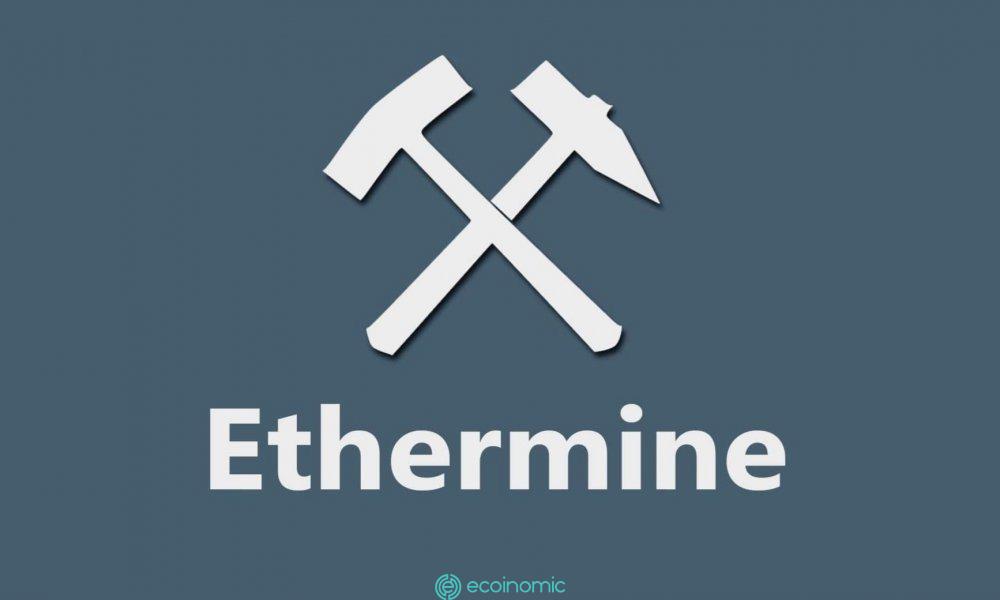Advertisement
The Ethereum community is divided on how best to deal with the threat of protocol-level transaction censorship following U.S. government sanctions on addresses associated with Tornado Cash.
In the last week, Ethereum community members have proposed social media cuts or even a user-activated soft fork (UASF) as possible responses to transaction-level censorship on Ethereum. Some call it a “trap” that will do more harm than good, and others say it’s necessary to provide reliable neutrality and censorship-resistant attributes on Ethereum.
The heated debate comes after Ethereum miner Ethermine decided not to process transactions from the currently embargoed U.S. Ethereum-based security tool Tornado Cash, which has left members of the Ethereum community worried about what would happen if other centralized validators did the same.

The Ethereum community is also debating the effectiveness of social network cuts to combat censorship on the Ethereum network, as this strategy could lead to chain splitting with some validators handling transactions on the uncensored chain and others only validating OFAC compliance chain.
Social media slashing is the process whereby validators have a percentage of their stake cut if they don’t correctly validate incoming transactions or act dishonestly.
This could become a serious problem if regulators require large centralized Staking services such as Coinbase and other large centralized exchanges, which together stake more than 50% of Ether (ETH) in the Ethereum Beacon 2.0 chain to only confirm OFAC-compliant chains.
















